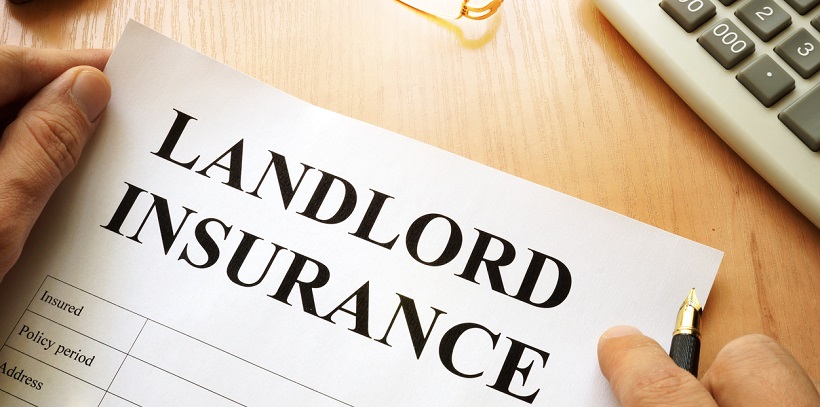
What is Landlord Insurance?
Landlord insurance, also called rental property insurance, covers risks associated with renting your home, apartment, or condominium to tenants for long periods of time. Coverage typically includes loss of rental income for landlords along with property damage and liability costs. A landlord insurance policy is often recommended for homeowners who rent a property for any amount of time.
You may see landlord insurance also referred to as a DP3 (Dwelling Fire Policy).
Why do I need Landlord Insurance?
Landlord insurance offers financial protection against physical damage or liability loss associated with your investment property. It covers a range of events, such as fire, wind, hail, and water damage to the structure, and may also protect you against lawsuits for injuries or damages caused by your tenants.
Moreover, landlord insurance can cover loss of rental income when the property is uninhabitable due to a covered loss.
Overall, landlord insurance can offer reassurance and safeguard your investment.
What does landlord insurance protect?
Landlord insurance is usually broken down into two parts — property coverage and liability coverage.
Property coverage protects the physical structure of the home. This would be your walls, roof, flooring, and other physical features of the property.
Liability coverage protects you against bodily injury or other accidents that may occur on the
property, or other claims made against you as a homeowner.
Here’s a chart to help you understand the differences in coverage between homeowners and landlord insurance.
| Coverage | Homeowners (HO3) | Landlord (DP3) |
| A – Building | Covers the building and all attached structures. | Covers the building and all attached structures. |
| B – OtherStructures | Covers other buildings on the property not attached to the main structure. | May need to be endorsed.* Covers other buildings on the property notattached to the main structure. |
| C – PersonalProperty | Household belongings like furniture and clothing. Some items like electronics may have limited coverage. | May need to be endorsed.* Some policies may include coverage for appliances or a lawnmower, for example. Tenants should have renters insurance policy to cover their items and liability. |
| D – Loss of Use | Coverage for living elsewhere when home is not livable.
|
May need to be endorsed* — called loss of rent. Recover lost rent while property is not rentable due to a covered claim. |
| E – Personal Liability | Covers accidental property damage or bodily injury that you are liable for. | $1,000,000 in liability coverage is common for a landlord. Tenantsshould have renters insurance for extra liability protection. |
| F – Medical Payments | Covers guests’ medical bills if they are injured on property. | Some carriers cover this, but many do not. |
Why can’t the borrower keep their homeowners insurance policy?
A homeowners insurance policy and a landlord policy are similar in that they cover the physical structure of the building, but they differ in several important ways.
First, a homeowners policy covers the contents of the property while a landlord policy typically
does not. Here, contents refer to personal belongings, clothes, and furniture that you most likely won’t be leaving at the property with your resident and so you don’t need to pay for coverage.
Although if you choose to keep some items on premise, such as a lawnmower, for your tenants to use, a landlord policy can cover that.
A landlord policy also includes important coverages like loss of rent, which protects your rental income.
What’s the difference between Homeowner’s Insurance & Landlord Insurance?
A homeowners insurance policy and a landlord policy are similar in that they both cover financial risk from physical and liability damages to covered properties, but they differ in several important ways.
First, a homeowners policy offers coverage for the personal contents owned by the policyholder(s), while a landlord policy offers coverage for contents that are owned by and used exclusively for the business and operation of the rental property. This could include items like appliances within the rental or equipment such as a lawnmower provided to maintain the rental property. Additionally, a homeowners policy includes personal liability coverage, while landlord insurance offers liability coverage for losses related to the rental dwelling and its premises.
Is landlord insurance more expensive than a homeowners insurance policy?
Sometimes it can be, but it all depends on the property. Insurance carriers typically price these
policies a little higher because you’re not living in the home and would potentially catch issues
before they turn into larger problems.

